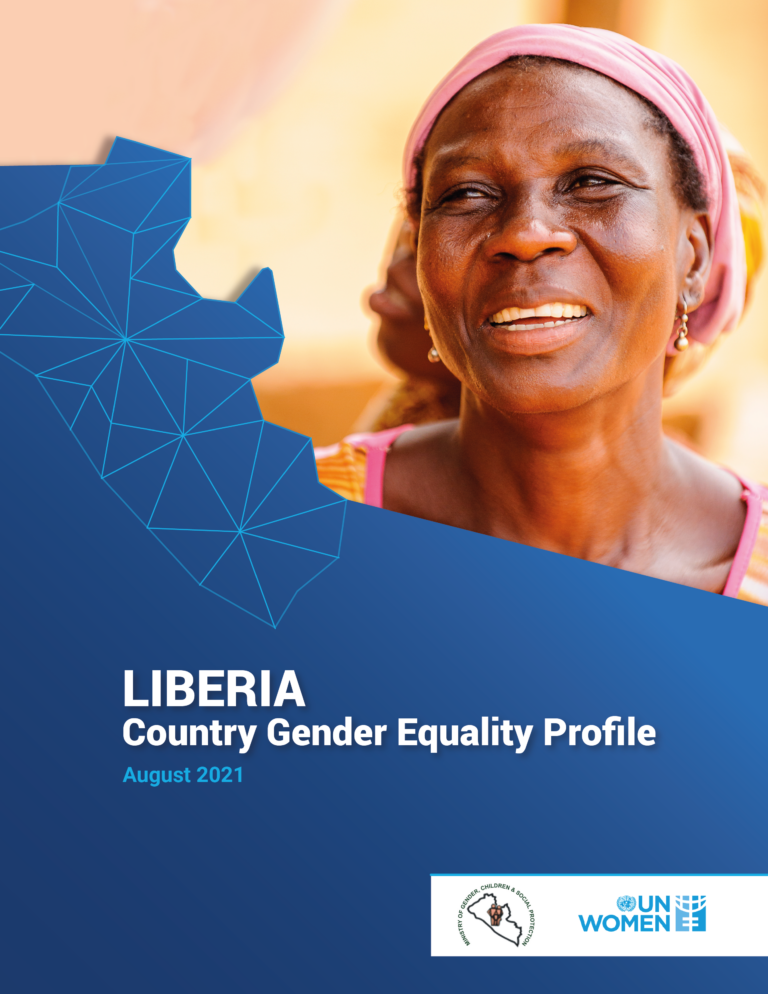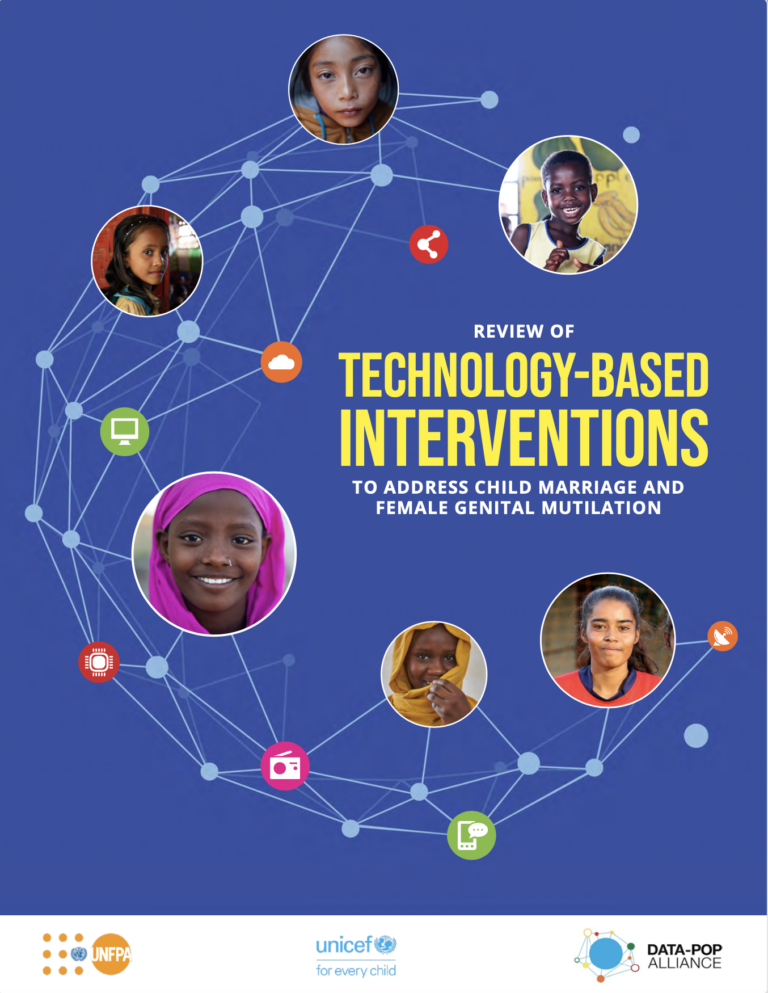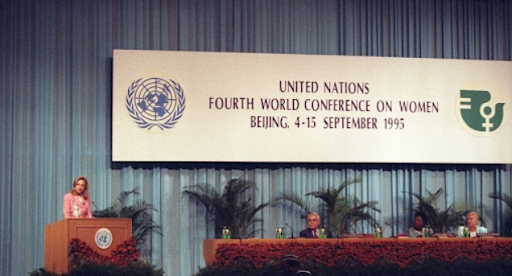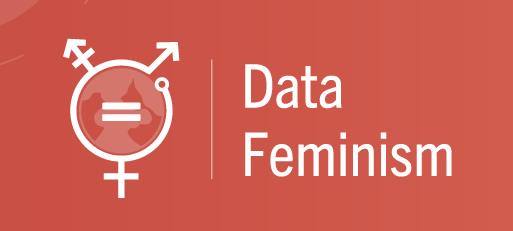Thirty years ago, the Fourth World Conference on Women marked a watershed moment for gender equality with the adoption of the Beijing Declaration and Platform for Action. This historic framework became a catalyst for change and a driving force behind decades of progress. In this discussion piece, we revisit what the Platform set out to achieve—and explore its legacy and relevance three decades later.
What is the Beijing Declaration and Platform for Action?
The Beijing Declaration and Platform for Action is a comprehensive agenda for women’s empowerment, adopted during the Fourth World Conference on Women, held in Beijing in 1995. At the time, it sought to accelerate the implementation of the Nairobi Forward-Looking Strategies for the Advancement of Women and to eliminate all barriers hindering women’s full participation in both public and private spheres. Today, the platform continues to promote women’s equal and unrestricted access to economic, social, cultural, and political opportunities (UN Women, 2014).
The Beijing Declaration and Platform for Action asserts that women’s rights are human rights and emphasizes that women should live free from violence, with their rights safeguarded by the international community. The platform adopts an intersectional perspective, recognizing that factors such as race, age, language, ethnicity, disability, religion, and economic status shape women’s experiences differently across the globe. To effectively address these disparities, it calls for a multi-sectoral approach, urging the international community and governments to implement coordinated and comprehensive strategies (UN Women, 2014).
In addition, it recognizes twelve areas of improvement related to women empowerment (UN Women, 2014):
- Increasing burden of poverty on women;
- Unequal access to education and training;
- Inequalities in healthcare access and services;
- Violence against women (VAW);
- Impact of conflicts, including foreign occupation, on women;
- Economic inequality in structures, policies, and resource access;
- Gender disparity in power and decision-making;
- Insufficient mechanisms for women’s advancement;
- Lack of respect for women’s human rights;
- Gender stereotypes and unequal participation in media and communication;
- Inequality in managing natural resources and environmental protection;
- Discrimination and rights violations against the girl child.
How has this Platform Contributed to its Goals, and What’s Next?
The declaration and platform has been a cornerstone in advancing women’s rights and promoting gender equality. Governments, organizations, and activists continue to reference the agenda established during the 1995 conference as a framework for empowering women. It has also played a crucial role in shaping other international mechanisms for women’s empowerment, including the Convention on the Elimination of All Forms of Discrimination Against Women (CEDAW), adopted by the United Nations General Assembly in 1979 (UN Women, 2024).
According to Our World in Data, which compiles data from the World Bank, only a few countries had laws addressing domestic violence in 1994. Estimates from UN Women (2024) suggest that approximately 12 countries had such legislation at that time. Over the years, this number has steadily increased, and today, nearly all countries have enacted laws related to domestic violence. UN Women (2024) asserts that this progress reflects the influence of the women’s movement, the role of international mechanisms advocating for the elimination of violence against women (VAW)—such as the Beijing Declaration and Platform for Action—and the commitment of governments to implementing such legislation.
The availability of data on VAW increased significantly following the adoption of the Beijing Declaration and Platform for Action. Although the 1993 Declaration on the Elimination of Violence against Women urged states to promote research and compile statistics on VAW, substantial growth in data collection efforts was observed only after 1995. In response, UN Women developed databases to systematically collect and analyze data on VAW, drawing from follow-ups to the Fourth World Conference on Women. One such initiative is the Global Database on Violence against Women, which serves as a key resource for monitoring and assessing progress in addressing VAW.
This year, the Beijing Declaration and Platform for Action marks its 30th anniversary and, as customary, is undergoing a comprehensive review. This revision and appraisal will take place during the 69th session of the Commission on the Status of Women (CSW) in March. This session culminates in a report expressing the main points related to this revision.
The report, Women’s Rights in Review: 30 Years After Beijing, highlights both progress and persistent challenges in implementing the commitments set forth in the Beijing Declaration and Platform for Action. While significant advancements have been made since 1995, new issues have also emerged. According to the report, 88% of countries have enacted laws and established services to combat VAW. Additionally, addressing employment discrimination remains a priority on many national agendas, with 44% of countries working to enhance the quality of education, training, and lifelong learning for women and girls. Furthermore, a growing number of countries are recognizing the disproportionate impact of environmental degradation on women and girls and are integrating gender equality considerations into their climate action plans (UN Women, 2025).
Global Regression in Gender Equality
Despite significant progress, several challenges persist. Nearly one-quarter of the countries participating in the 69th session expressed concerns regarding the backlash against gender equality, noting that it is obstructing the full implementation of the Beijing Platform for Action. A key factor in this regression is the weakening of democratic institutions, which has created an environment where anti-rights actors actively seek to undermine long-standing consensus on critical women’s rights issues. In cases where reversing legal and policy advancements entirely is not feasible, these actors attempt to delay or obstruct their effective implementation (UN Women, 2025).
Multiple crises and complex global challenges are crucial factors in understanding the persistence of gender disparities. The increasing number of armed conflicts worldwide has resulted in a growing number of women living in close proximity to conflict, exacerbating gender inequalities and heightening the vulnerability of women and girls. Additionally, environmental concerns play a significant role in hindering progress toward gender equality. Notably, 54% of countries identify the climate crisis as a major barrier to further advancements in women’s rights and empowerment (UN Women, 2025).
Technology presents an increasing challenge in the pursuit of gender equality. With the widespread expansion of internet access, women and girls experience both opportunities and risks in the digital space. Globally, the proportion of women using the internet has risen from approximately 50% in 2019 to around 65% in 2024. Moreover, 70% of countries have reported implementing measures to enhance women’s and girls’ access to science, technology, engineering and mathematics (STEM) education and digital skills. However, setbacks persist. According to the report, approximately 53% of adult women have experienced some form of online violence at least once across 12 countries in Europe and Central Asia, highlighting the urgent need for stronger protections and policies to address digital gender-based violence (UN Women, 2025).
Another challenge highlighted in the 69th session is the significant decline in investment in gender equality. While 54% of states track the proportion of their national budget allocated to gender equality, only 26% fully meet the criteria for systematic tracking as required by the Sustainable Development Goals (SDGs). This gap underscores the need for stronger financial commitments and more effective monitoring mechanisms to ensure sustained progress toward gender equality (UN Women, 2025).
Reaffirmed Commitment
To effectively address these persistent challenges, the Beijing Declaration and Platform for Action has reaffirmed its commitment to five key priorities:
- Close the Accountability Gap – Strengthen institutions to lead and coordinate gender equality policies, integrate gender perspectives into all programs, and enhance data collection to track progress.
- Elevate Women’s Voices – Ensure equal participation in decision-making at all levels, particularly for marginalized women and girls, while safeguarding spaces for women’s organizations.
- Close the Financing Gap – Increase investments in gender equality through national budgets, progressive taxation, and a more equitable global financial system.
- Harness Technology – Bridge the digital gender divide, empower women and girls in the digital and AI revolutions, and address technology-facilitated gender-based violence and privacy concerns.
- Strengthen Crisis Resilience – Implement gender-responsive crisis prevention and response measures to protect women’s rights and prioritize gender equality in humanitarian efforts.
This is not the first review of the Beijing Declaration and Platform for Action. The initial assessment took place in 2005, a decade after its adoption, followed by subsequent evaluations every five years thereafter (UN Women, n.d). However, this latest review is anticipated to play a crucial role in shaping the future development, implementation, and commitment of both national and international stakeholders to advancing gender equality and women’s empowerment moving forward.
How Does DPA's Work Align with the Beijing Declaration and Platform for Action?
Data-Pop Alliance (DPA) is strongly committed to the Beijing Declaration and Platform for Action. Through its Data Feminism Program, DPA produces extensive data related to several of the twelve critical areas of concern outlined in the platform. Data plays a crucial role in advancing the platform’s objectives. According to Strategic Objective A.4, the international community and governments are urged to engage in the collection of gender- and age-disaggregated data on poverty and all aspects of economic activity. Additionally, they are encouraged to develop mixed-method (qualitative and quantitative) statistical indicators to facilitate the assessment of economic performance from a gender perspective (UN Women, 2014).
Data is essential for the development of programs and interventions related to gender equality. Without reliable data, governments lack the necessary insights to understand the scope of gender-related issues and effectively design targeted solutions. Data-driven approaches enable policymakers to identify challenges, allocate resources efficiently, and implement evidence-based strategies that promote gender equity and social progress.
The Data Feminism Program has developed a Country Gender Equality Profile for Liberia with UN Women Liberia, aiming to understand gender inequality through a multi-sectoral and intersectional perspective. This profile also includes an analysis of the gendered impact of Covid-19 on the country. Currently, DPA is in the process of developing a similar country gender equality profile for Mali, continuing its work to understand and address gender disparities on a global scale.

The program has significant experience in addressing VAW. In partnership with UNDP Sierra Leone, the program developed a report mapping the landscape of sexual and gender-based violence (SGBV) in the country. The project assessed the prevalence, incidence, trends, and patterns of SGBV using a mixed-methods approach and innovative machine learning techniques. By analyzing the structural and root causes of SGBV, the final report provided targeted policy recommendations to address and prevent this issue through a coordinated national response.
The Data Feminism Program is also deeply committed to tackling harmful practices within the broader context of VAW. DPA is currently developing a course with UNFPA and the Univeristy of Melbourne to measure the prevalence of Female Genital Mutilation (FGM), Child Early and Forced Marriage and Unions (CEFMU), Gender-Biased Sex Selection (GBSS), and other harmful practices. Additionally, DPA, together with UNFPA and UNICEFconducted a comprehensive landscape mapping and review of technology-based interventions aimed at addressing child marriage and FGM across 13 countries in Africa and Asia.

Furthermore, the Data Feminism Program (with Fòs Feminista) undertook a comprehensive analysis of digital sexual and reproductive health interventions related to gender, focusing on the youth population in Latin America. In addition, DPA has developed a framework designed to make cities more gender-inclusive, promoting policies and practices that foster gender equality within urban environments.
There is much more work that demonstrates DPA’s commitment to the Beijing Platform for Action. For further details and to explore more about these initiatives visit the Data Feminism’s website.
In Closing
The revision of the Beijing Declaration and Platform for Action serves as an important reminder that gender equality is not only a matter of international politics but also a fundamental issue for society as a whole. It highlights the ongoing need to improve and remain committed to advancing gender equity, ensuring that efforts continue to create a more just and inclusive future for all. Through sustained action, data comprehensive approaches and collaboration, we can build a better world for future generations.
Interested in Working with Us?
If you’re interested in working with Data-Pop Alliance on a project related to gender, we welcome the opportunity to collaborate. Whether your focus is on gender-based violence, digital rights, or the experiences of marginalized communities, DPA has a proven track record of designing and implementing data-driven projects that empower women and inform policy. We can help you design a tailored research approach that addresses the unique challenges in your region, much like the projects highlighted above.
To discuss a potential collaboration, feel free to reach out to us at contact@datapopalliance.org with information on your project’s goals, target communities, and key areas of interest (e.g., poverty, social protection, or gender equity). Together, we can harness data to drive meaningful, lasting change.
About the Author: Maynara do Rio Sales is a Data Feminism Intern from Brazil.




![M002 - Feature Blog Post [WEB]](https://datapopalliance.org/wp-content/uploads/2025/10/M002-Feature-Blog-Post-WEB.png)





